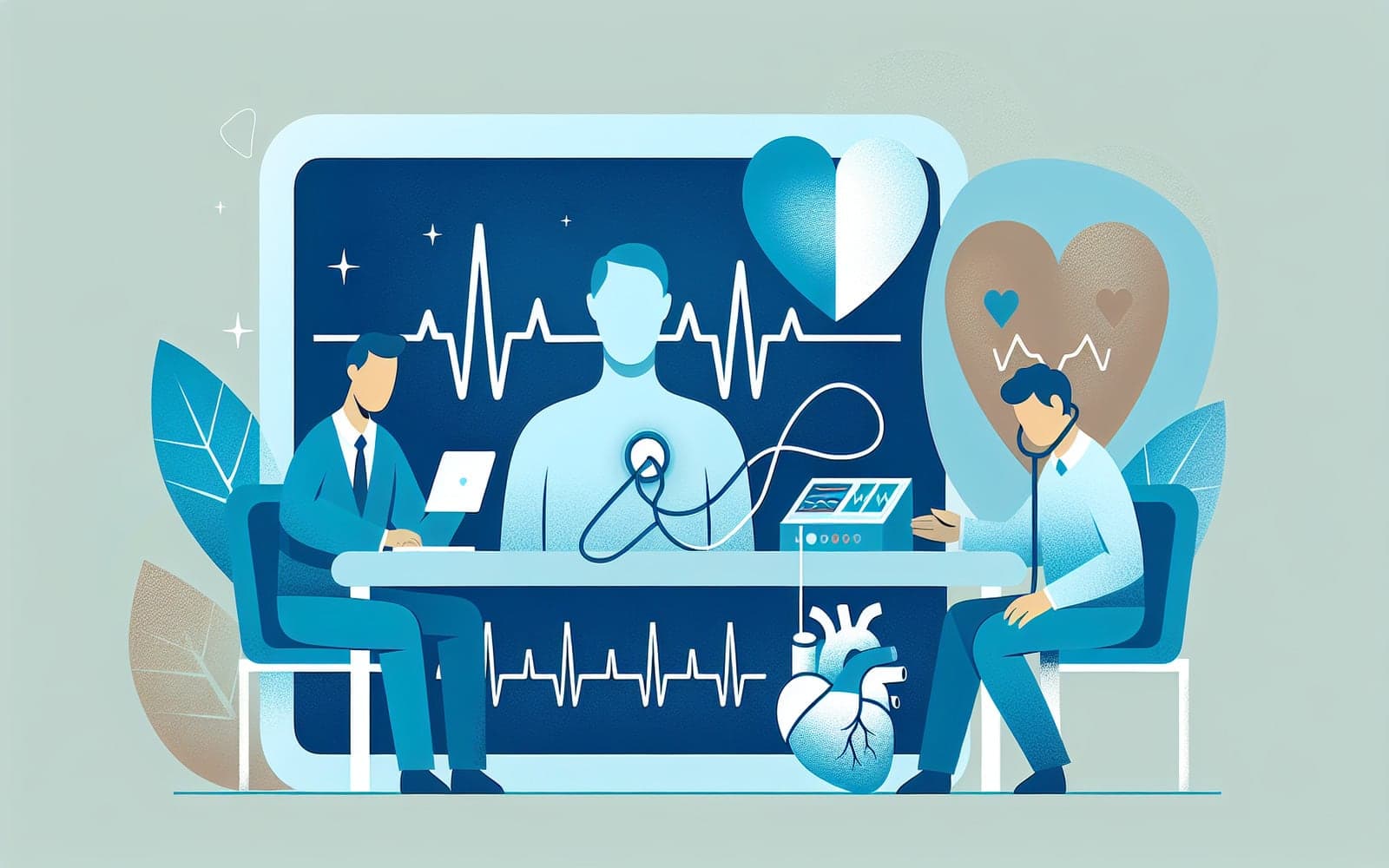What Your Heart's ECG Can Tell You About Chest Pain
Published: Apr 12, 2024
Chest pain can be a mystery, but an exercise ECG might have the answers. Learn how this test can help decode your symptoms.
Contents
The Link Between Exercise and Chest Pain
Chest pain during exercise can indicate underlying heart problems. An exercise ECG captures the heart's response to physical stress, helping identify issues like narrowed arteries. It’s like a spotlight revealing hidden troubles that surface only during exertion.
Interpreting the Results
During an exercise ECG, doctors look for specific changes in the heart's electrical activity. These changes can signal conditions like ischemia, where the heart isn't getting enough blood. Understanding these results can be crucial in diagnosing and managing heart conditions.

What to Do If You Experience Chest Pain
If you have chest pain, especially during exercise, consult your doctor immediately. An exercise ECG can help determine the cause and guide treatment. It’s better to investigate early and manage any potential heart issues.
Frequently Asked Questions
It may indicate heart problems like narrowed arteries.
It reveals changes in heart activity during stress.
They can signal conditions like ischemia.
Yes, especially if it occurs during exercise.
Key Takeaways
Decoding chest pain with an exercise ECG can prevent future heart issues.
Experiencing chest pain? Connect with Doctronic to understand your heart's signals today!Related Articles
References
Gianrossi R, et al. Exercise-induced ST depression for diagnosis. Circulation 1989; 80:87.
Miranda CP, et al. Usefulness of exercise-induced ST depression. Am J Cardiol 1992; 69:303.
Always discuss health information with your healthcare provider.

